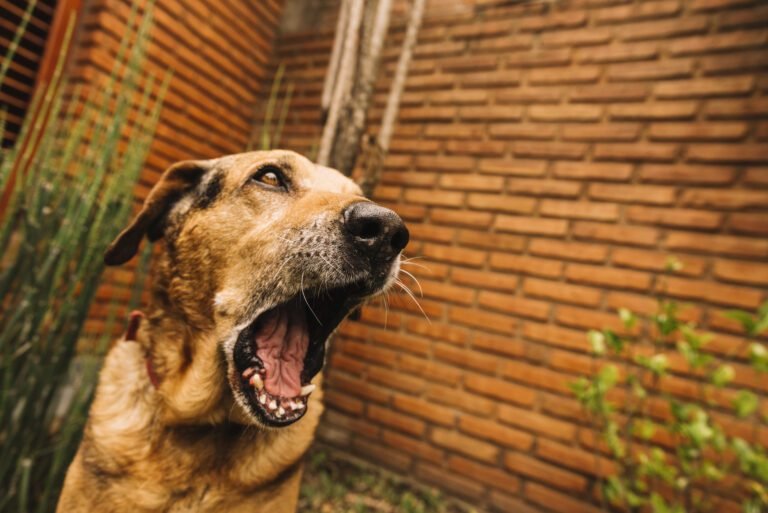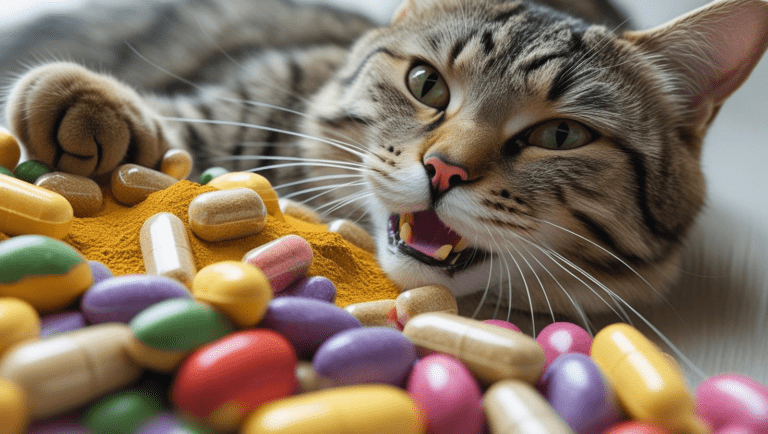A well-balanced diet is crucial for maintaining a dog’s overall health and longevity. As a pet lover, ensuring your furry friend gets the right nutrients not only improves their physical well-being but also enhances their mood, energy levels, and quality of life. In this article, we’ll explore the essential components of a healthy diet for dogs and provide actionable tips to keep your pet thriving.
Why a Balanced Diet Matters for Dogs?
Just like humans, dogs require a mix of proteins, carbohydrates, fats, vitamins, and minerals to function optimally. An inadequate diet can lead to health issues such as obesity, diabetes, joint problems, and even heart disease. By understanding what goes into a healthy diet, you can ensure your dog lives a long, happy life.

Essential Nutrients for Dogs
- Proteins
Proteins are the building blocks of your dog’s body, contributing to muscle development, tissue repair, and immune system strength. Sources of high-quality protein include:- Lean meats like chicken, turkey, and beef
- Fish, especially salmon and sardines (rich in omega-3 fatty acids)
- Eggs, which are a complete protein source
- Carbohydrates
Carbohydrates provide dogs with energy. Opt for complex carbs over simple sugars to avoid energy spikes and crashes. Examples include:- Brown rice
- Sweet potatoes
- Oatmeal
- Fats
Healthy fats are a critical source of energy and play a role in maintaining a shiny coat and healthy skin. Include:- Fish oils (for omega-3 and omega-6 fatty acids)
- Chicken fat or sunflower oil
- Coconut oil
- Vitamins and Minerals
Vitamins such as A, D, E, and K, as well as minerals like calcium and phosphorus, are essential for bone health, vision, and immune function. Dogs often get these nutrients from commercial dog food, but fresh vegetables like carrots, spinach, and broccoli can supplement their diet. - Water
Hydration is as important as food. Always ensure your dog has access to clean, fresh water to support digestion, temperature regulation, and cellular health.
Commercial Dog Food vs. Homemade Diets
Commercial Dog Food
High-quality commercial dog food is often formulated to provide a complete and balanced diet. Look for options that list meat as the primary ingredient and avoid brands with artificial additives, fillers, and by-products. Grain-free options are available for dogs with allergies, though not all dogs require them.
Homemade Diets
If you prefer a homemade approach, consult a veterinarian or pet nutritionist to ensure your dog receives all necessary nutrients. Homemade diets often include:
- Lean proteins (e.g., boiled chicken or turkey)
- Steamed or cooked vegetables
- Carbs like brown rice or quinoa
Foods to Avoid
Certain foods can be toxic to dogs and should always be avoided:
- Chocolate: Contains theobromine, which can be fatal for dogs.
- Onions and Garlic: Can cause anemia by damaging red blood cells.
- Grapes and Raisins: Linked to kidney failure in dogs.
- Xylitol: A sugar substitute found in candies and gum that can cause insulin spikes and liver failure.
- Alcohol and Caffeine: Both are toxic and can lead to serious health issues.
Special Diet Considerations
- Puppies
Puppies require more calories and nutrients than adult dogs to support growth and development. Feed them high-quality puppy food rich in protein, calcium, and DHA. - Senior Dogs
Older dogs may need a diet lower in calories but higher in fiber and specific nutrients like glucosamine for joint health. - Dogs with Health Conditions
Dogs with conditions such as diabetes, kidney disease, or food allergies may need a specialized diet. Always consult your veterinarian to develop an appropriate meal plan.
Tips for Feeding Your Dog
- Portion Control
Overfeeding can lead to obesity, while underfeeding can cause malnutrition. Follow feeding guidelines on dog food packaging and adjust based on your dog’s age, activity level, and weight. - Consistency is Key
Feed your dog at the same time every day to regulate digestion and prevent behavioral issues. - Introduce New Foods Gradually
When switching your dog’s diet, do it gradually over 7–10 days to avoid digestive upset. - Use Treats Wisely
Treats should only make up about 10% of your dog’s daily calorie intake. Opt for healthy treats like small pieces of fruit (e.g., apples without seeds) or vegetables (e.g., baby carrots).
Conclusion
Providing your dog with a balanced diet is one of the best ways to show your love and care. Understanding their nutritional needs, choosing high-quality food, and avoiding harmful ingredients can significantly impact their health and happiness. Remember, every dog is unique, so consult your veterinarian to tailor their diet to their specific needs. A healthy dog is a happy dog—and a happy dog makes a happy owner.






